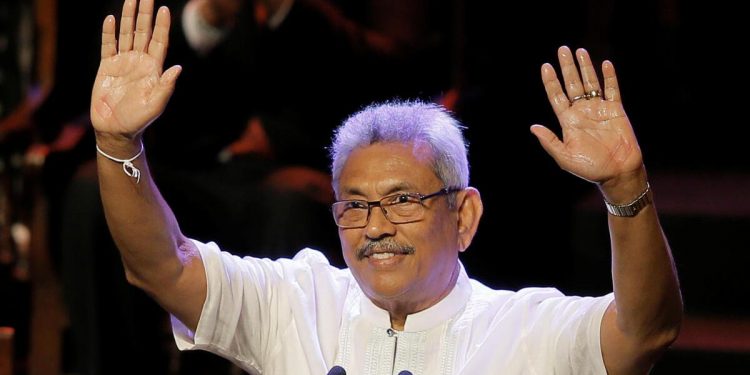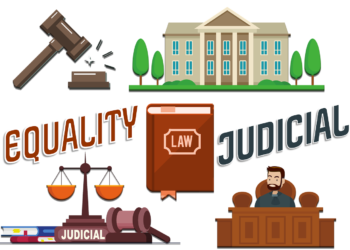Gotabaya Rajapaksa, the former president of Sri Lanka returned home from self-imposed exile on Saturday to calls for his arrest, but is however, being protected by the new administration.
After months of protests prompted by an extraordinary economic crisis, Rajapaksa left the island nation in July while being escorted by the military. The demonstrations had been sparked by a large throng storming his official residence.
The 73-year-old announced his retirement from Singapore before spending weeks at a hotel in Bangkok under virtual house arrest. He returned late on Friday.
Rajapaksa, who lost his presidential immunity after leaving office should now be brought to court, according to the protest movement’s leaders.
Joseph Stalin said:
“Gotabaya returned because no country is willing to accept him, he has no place to hide,” the leader of a teachers’ trade union that helped mobilize demonstrators.”
He added, “He should be arrested immediately for causing such misery for the 22 million people of Sri Lanka. He can’t live freely as if nothing has happened.”
Rajapaksa’s administration has been accused of erratic mismanagement as the Sri Lankan economy plunged into a sharp decline.
After the nation ran out of foreign money to pay for necessary imports, the crisis resulted in severe food shortages, protracted outages, and long queues at gas stations for limited fuel supplies.
Rajapaksa’s homecoming has not yet been addressed by the major opposition group in Sri Lanka, the Samagi Jana Balawegaya, but a former minister from the group stated that Rajapaksa should face legal action.
Ajith Perera a former minister said, “Gotabaya must be held to account for his crimes before and during his presidency.”
Ministers and top politicians showered Rajapaksa with flowers as soon as he stepped off the plane in Colombo.
He was taken in a security convoy to a new official residence in the capital that his successor’s administration had set up for him.
With Rajapaksa’s Sri Lanka Podujana Peramuna party’s assistance, Wickremesinghe was able to adopt an austerity budget on Friday, which was a need for an IMF bailout.
Hasith Kandaudahewa, a senior lecturer on international relations at the University of Colombo said, “Gotabaya’s return demonstrates that the SLPP is still powerful despite the humiliation they suffered.”
The return of the incredibly unpopular Rajapaksa, according to Kandaudahewa, could jeopardize his successor.
Witnesses claim that former president Mahinda Rajapaksa was among the first visitors Rajapaksa received at his new residence on Saturday.
A mob that was enraged over a government supporter’s attack on demonstrators rushed Mahinda from his home while he was serving as premier in his brother’s administration.
Rights advocates have vowed to pursue Gotabaya’s prosecution on numerous counts, including his alleged involvement in the 2009 murder of renowned newspaper editor Lasantha Wickrematunge.
A spokesman for the Sri Lanka Young Journalists’ Association, Tharindu Jayawardhana, said Friday:
“We welcome his decision to return so that we can bring him to justice for the crimes he has committed.”
Following his election as president, several corruption cases brought against Rajapaksa were put on hold.
In addition, Rajapaksa is accused in a US court of murdering Wickrematunge and torturing Tamil detainees in 2009, near the end of the terrible civil war on the island.
Rajapaksa was elected with a landslide in 2019 after campaigning on a platform of “vistas of prosperity and splendor,” but as the country’s crisis deepened, his popularity plummeted.
His administration was charged with enacting unsustainable tax cuts that increased the national debt and made the economy of the nation much worse.
The island’s tourism sector and the flow of remittances from Sri Lankans working abroad—both major sources of foreign exchange—were both severely impacted by the coronavirus outbreak.
Wickremesinghe was chosen by the parliament to serve out Rajapaksa’s remaining term. Since then, he has cracked down on public demonstrations and detained prominent activists.
The central bank of Sri Lanka predicted a record 8% GDP decline this year, and the government defaulted on its $51 billion in foreign debt in April.
The International Monetary Fund on Thursday approved a conditional $2.9 billion rescue package to restore Sri Lanka’s damaged finances after months of discussions.












